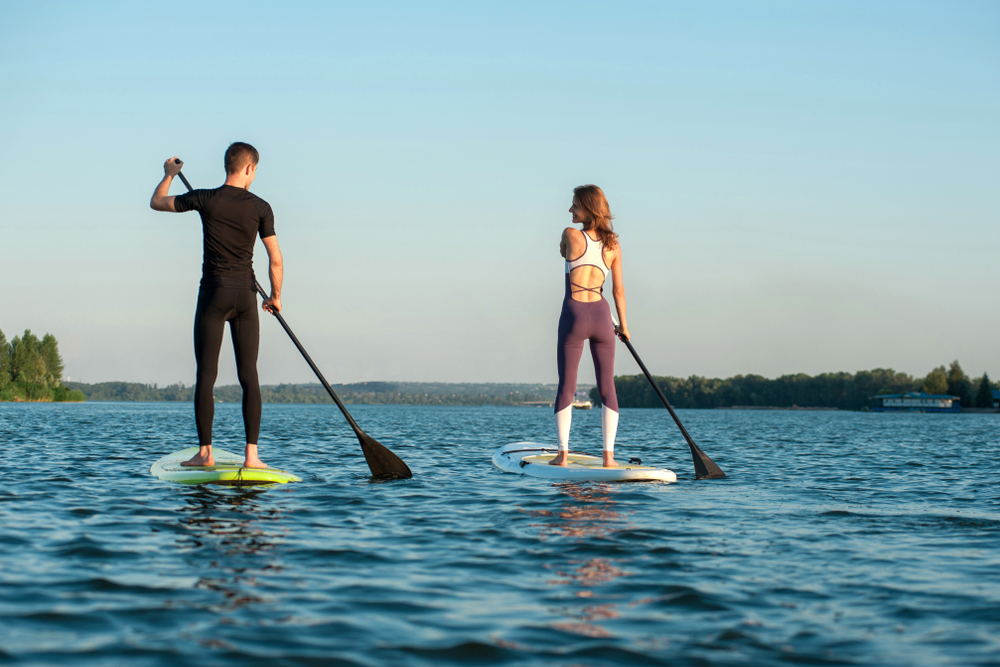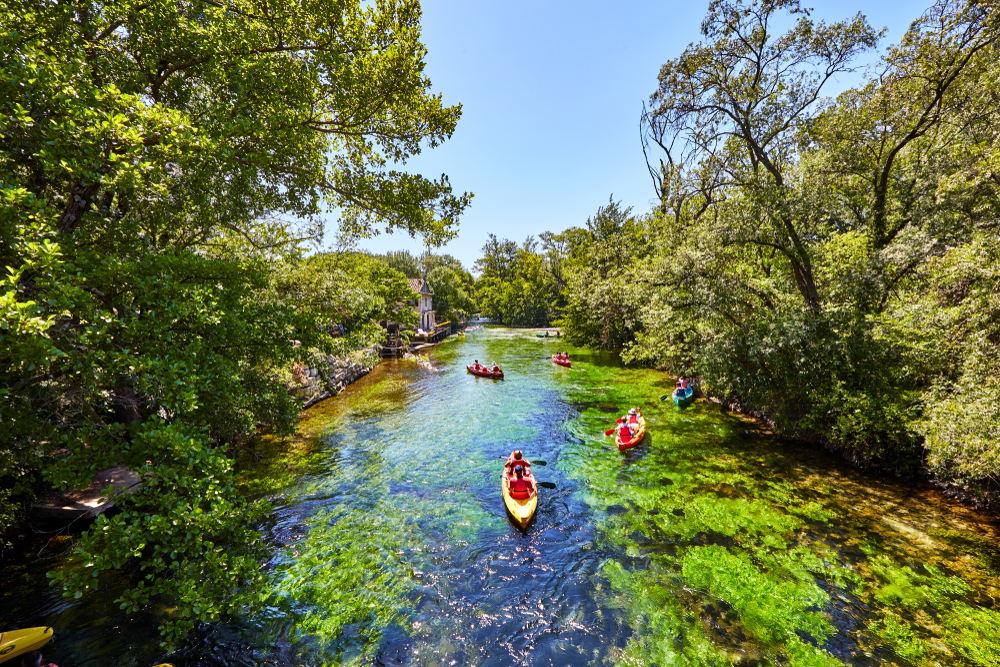The B Corp brand Red Equipment has released the results of its new 18-month citizen science study investigating blue health, the idea that being near a body of water can positively impact your mental and physical wellbeing.
The study was conducted in partnership with Blue Health Coach Lizzi Larbalestier at Going Coastal Blue, who observed that water-based activities might have particular benefits for people with ADHD.
The study included over 400 individual data sets, with over 150 people participating in the research. All the study participants are paddleboarders, and more than 50% of them have been taking part in this activity for longer than 3 years.
The research surveyed participants in order to understand the relationship that stand up paddleboarding or SUP might have to mindfulness and our ability to feel present in the here and now. Mindfulness can be a useful tool for people with ADHD, helping them improve their focus and concentration. It can also make people more aware of how they are feeling, helping reduce stress and anxiety, which many people with ADHD experience.

Lizzi Larbalestier, Blue Health Coach at Going Coastal Blue, commented:
“SUP encourages us to slow down and step away from technology to connect with blue space. This in turn allows us to pay more attention to the here and now and to take in our surroundings. In fact, we found that 68% of our paddlers described themselves as being “more able to remain in the present” as a result of paddling. Paddling improves concentration and the controlled act of moving a paddle through water encourages flow, which can help manage impulse control and hyperactivity also associated with ADHD.”
People with ADHD can experience emotional dysregulation, or difficulty managing their emotions. This symptom is listed in a 2019 statement from the European Psychiatric Association as a fundamental feature of ADHD in adults. Larbalestier explained how paddleboarding might be able to help people feel calm, happy and balanced in two different ways.

Firstly, she commented on how experiencing nature and developing new skills might help people regulate their emotions: “We know that awe and wonder, achieving something we thought was challenging and learning something new, all provide a boost of neuro-chemicals, particularly “dopamine” which is often deficient in those with ADHD. An imbalance of this neurotransmitter has been linked to difficulty focusing and lack of motivation, it is also linked to our brains’ reward centre impacting our sense of happiness.”
Larbalestier went on to describe how physical exercise including paddleboarding might be able to help: “When we paddle, our breathing changes and our nervous system moves into a space of restoration, improving our ability to regulate our emotions. Our study encouraged our paddlers to check in with their mood before and after paddling and our paddlers told us they were 16% happier after paddling. Whether diagnosed or not, we can all benefit from slowing down and being more present for all the health benefits this brings – and who doesn’t want to be 16% happier?”





